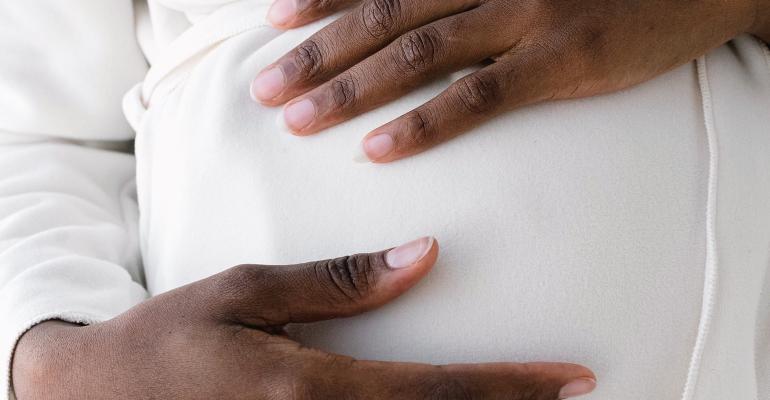Patient safety and quality care have remained top priorities for healthcare experts at Abu Dhabi’s The Corniche Women’s and Newborn Hospital during the pandemic.
Speaking at the “Pandemic’s effect on non-Covid care and treatment, The Corniche Women’s and Newborn Hospital Experience” session on November 6 at the three-day Patient Safety Virtual 2021 conference, an official said that regardless of difficulties the pandemic brought, healthcare staff remained focus on providing quality care.
Jane Kelly, Quality Director; Quality and Patient Safety said: “Patient safety always comes first. As quality experts, we make sure that things are not slipping for our non-Covid patients because we are so focused on Covid patients.”
On March 3, 2020, Abu Dhabi Health Services (SEHA) issued a Code Delta as the pandemic became very real in Abu Dhabi. On April 8, a Covid-confirmed woman gave birth to a baby at the hospital and on the same day, another Covid positive baby was born.
“Since we have to talk about the pandemic’s effect on non-Covid processes, we need to get into context which was business as usual at the hospital but nothing was usual.”
The hospital established safe and effective services for all Covid positive patients whilst maintaining a seamless service for non-Covid patients who continued to grow throughout 2020-21. In April and May 2020, the hospital put a temporary pause on gynaecology elective surgeries even as women needed care.
“It was an emotionally charged journey but business needed to continue. We had High Dependency Unit and Intensive Care Unit admission rates with really sick women.”
In 2020, the hospital saw 5,640 deliveries, 94,238 out-patient visits, 1,058 Neonatal Intensive Care Units (NICU) admissions and 19,651 urgent care visits.
Acuity and demographics of patients changed considerably during the pandemic. In 2020, there were under 1,000 Covid cases but 2021 hit harder. However, by the end of August 2021, cases went down. Some stillbirths and maternal deaths took place in the UAE as numbers increased across the globe during the second wave in 2020.
Staffing levels and workload was affected as the hospital was designated in Abu Dhabi region for Covid positive pregnant women. The hospital has a huge number of workforce from India who were also impacted when the second wave hit their families back home.
Though the Covid numbers grew exponentially, processes at the hospital expanded as well.
“As we progressed into the pandemic, we were better able to manage our Covid positive and non-Covid patients by establishing zones,” said Kelly. Green Zone was set up for non-Covid patients, Amber Zone for those waiting for Covid results and Red Zone for Covid positive or high risk patients.
Pathways were developed for newborn babies as well as elective OBs/Gyne and emergency cases and were constantly reviewed and updated. An admission screening procedure was introduced for patient safety while a Personal Protective Equipment table ensured that staff was kept safe at all times.
“The psychological impact of the virus was huge and we knew we had to keep our staff mentally well to continue to care for our patients and for this our senior executive team was available to answer their queries.”
Focus was also on setting up quality improvement projects and establishing a Covid assessment centre in February that saw 2,596 encounters until August. Waiting times at the emergency registration were fine-tuned while flexibility and imagination was applied in making space for patients.
“We know that the best way to keep our patients safe is show evidence-based care; for this we keep our policies and guidelines up to date,” concluded Kelly.

